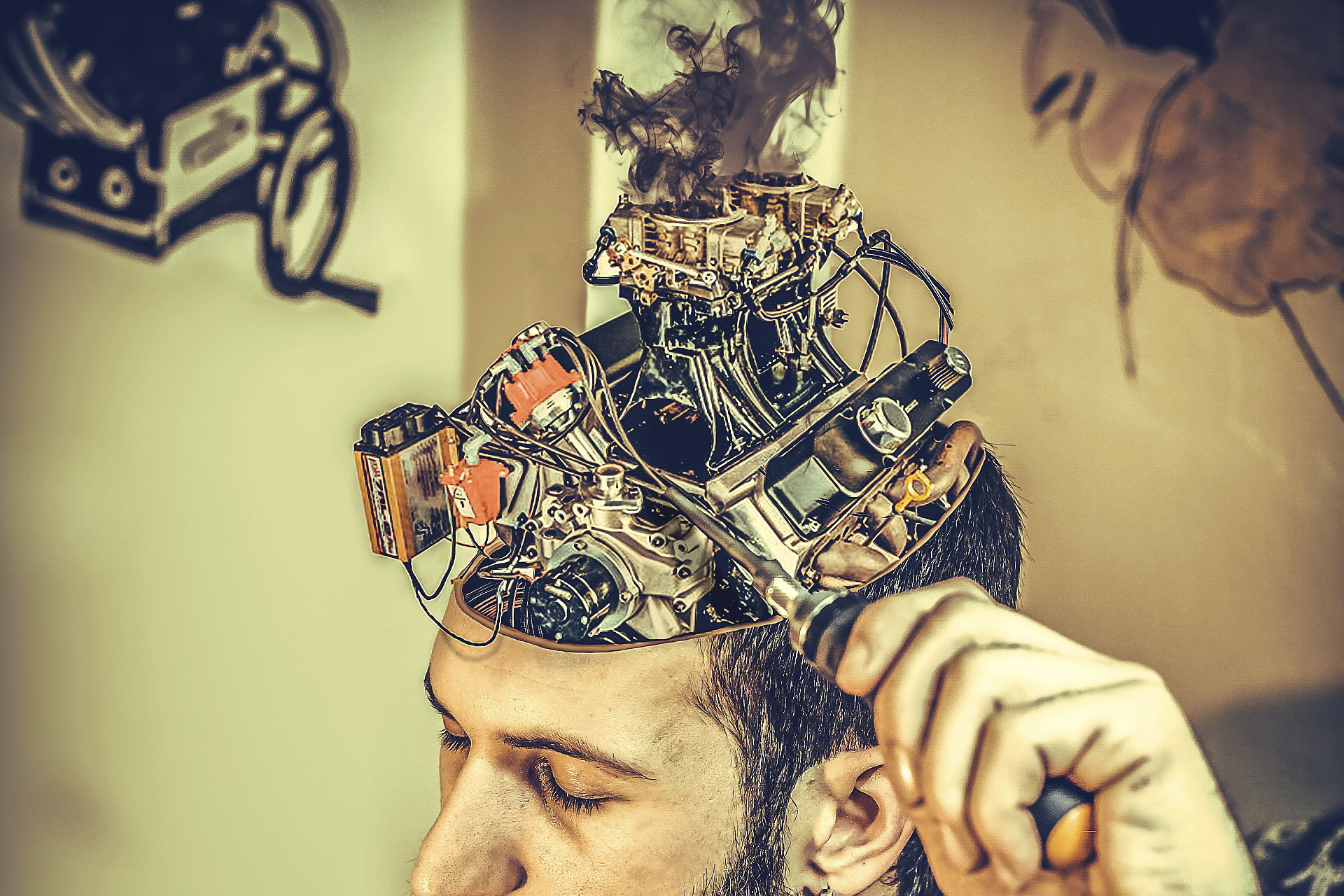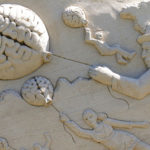Why The Rewire?
It wasn’t that long ago—if anything, it was quite recently—that the field of neuroscience and associated disciplines bought into the idea that brain plasticity, that is, the brain’s ability to change or rewire itself, nearly grinds to a halt by adulthood.
The human brain is especially malleable during childhood, receptive to learning new skills like language, sports, math, music, emotional intelligence, and social behavior. But if a child’s learning environment is less than ideal—cognitive development compromised by poor living conditions, traumatizing social environments, or terrible parenting—then the assumption was and countless studies concurred that his or her chances of living out a healthful, happy life were significantly lessened.
A heightened risk of heart disease, depression, panic attacks, alcohol abuse, chronic respiratory disease, and financial problems are but a handful of the long list of health and socioeconomic conditions childhood trauma opens its victims up to. However depressing it is to think that the glory days of skills acquisition are over by a certain age, even worse to ponder is the notion that how we are raised in our youth—environments over which we tragically have little control—is a permanent legacy, a costly ball and chain for better or worse.
See Also: Feeding the Belly Brain
And: Listen to Your Heart to Read Minds? Science Closer to Saying Yes
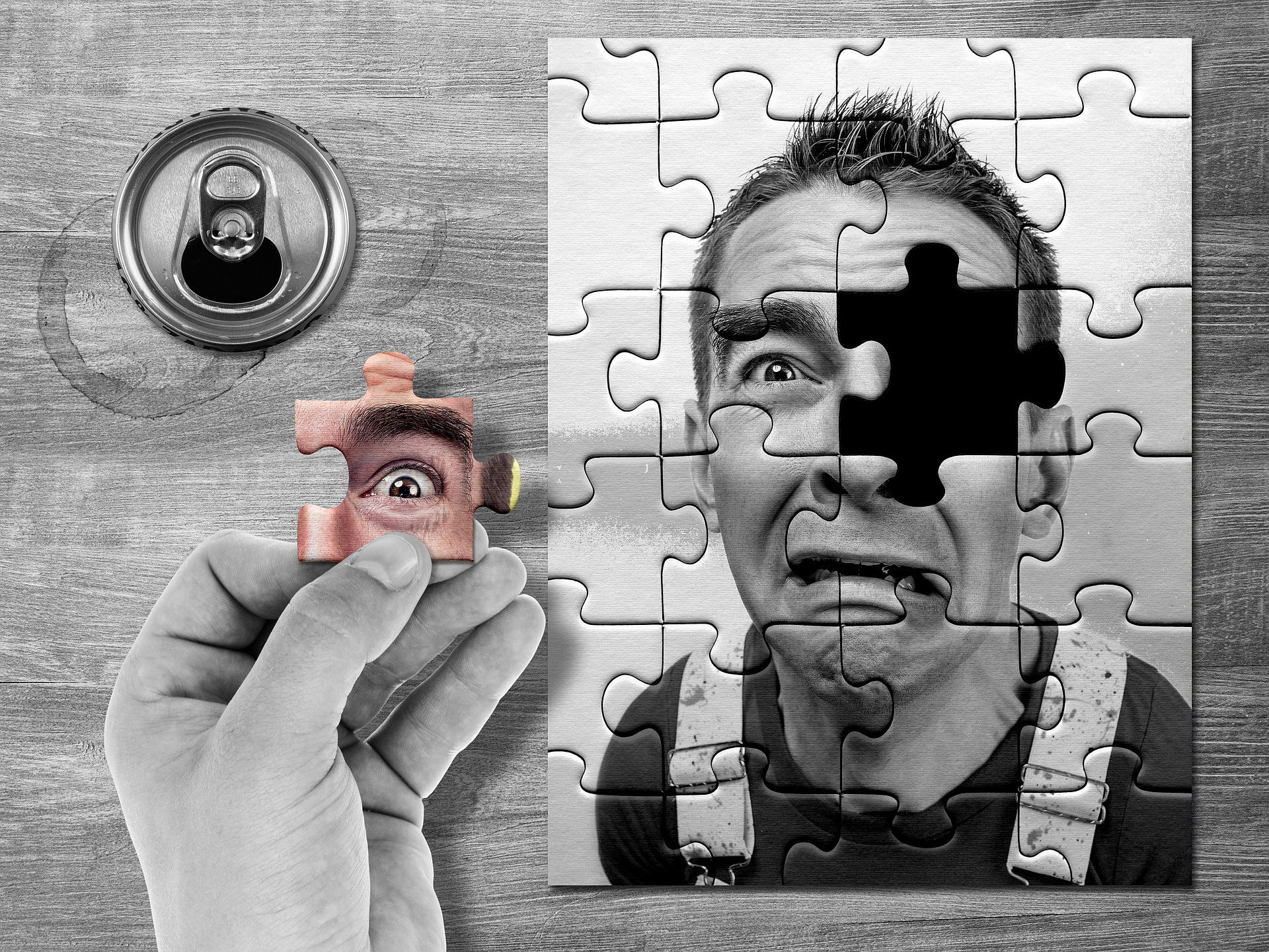

“The human brain, the study of which some claim is the final frontier of science, persists in presenting itself as an enigma. The very fabric of what our senses call reality could alter irrevocably once its neurological mysteries are puzzled out.”
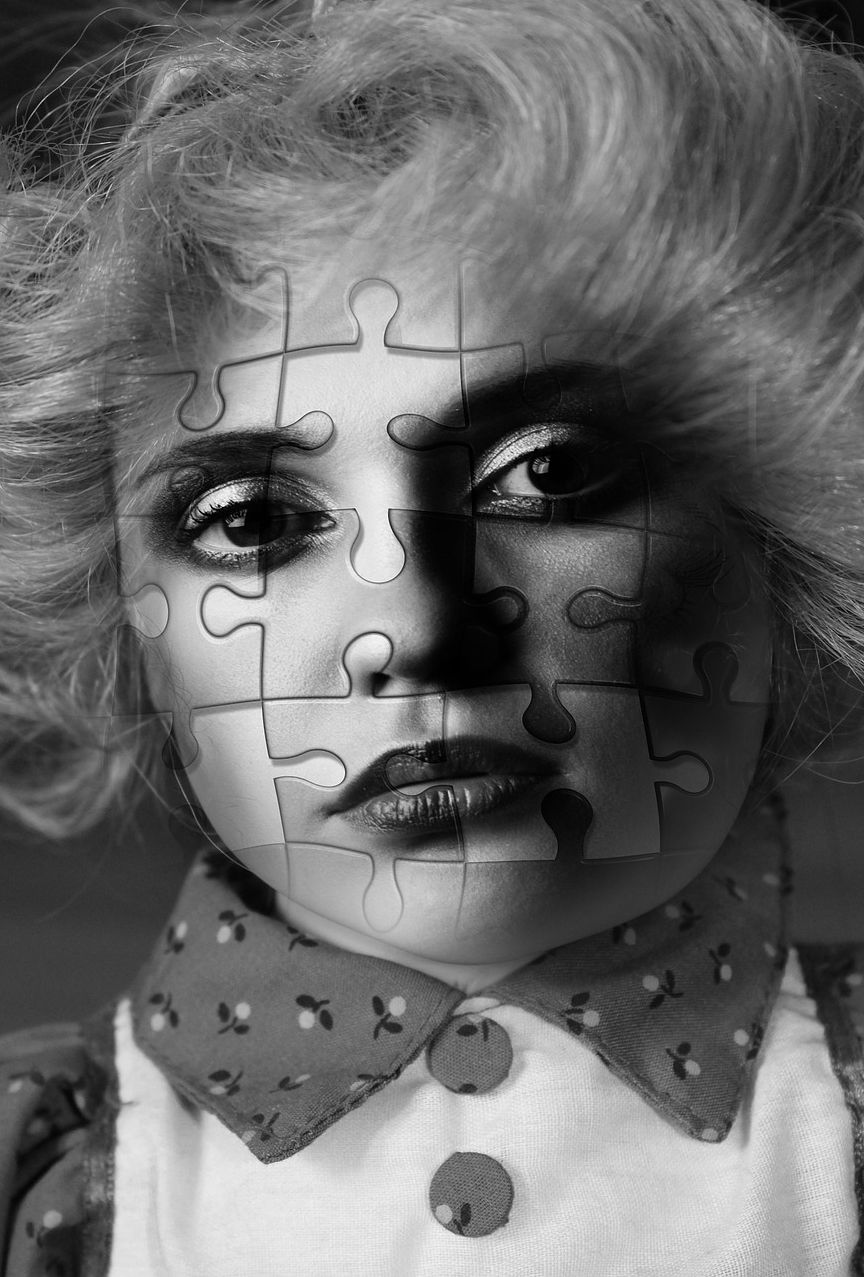
And if you ask Toronto psychiatrists Robert Maunder and Jonathan Hunter, anywhere from one-third to over half of adults have had adverse childhood experiences, things like being regularly called names and insulted by a parent to not having enough food on the table to being beaten and sexually abused.
That’s a lot of people.
One of the more dramatic examples used as evidence that the experiences of our early years may shape us forever more? The long-term complications Romanian orphans discovered in conditions of extreme deprivation and neglect reportedly carry with them well into adulthood.
A ray of hope radiates from one group of 165 children where about one in five came out of those early childhood horrors unscathed, a stroke of luck typically attributed to limited orphanage exposure at a very young age coupled with exceptionally loving adoptive family homes.
But what if there’s more to their story than good luck and circumstances? We still can’t say with any kind of certainty why some abuse victims see their adult lives turn to shambles while others emerge seemingly unscathed. After all, the human brain, the study of which some claim is the final frontier of science, persists in presenting itself as an enigma. The very fabric of what our senses call reality could alter irrevocably once its neurological mysteries are puzzled out.
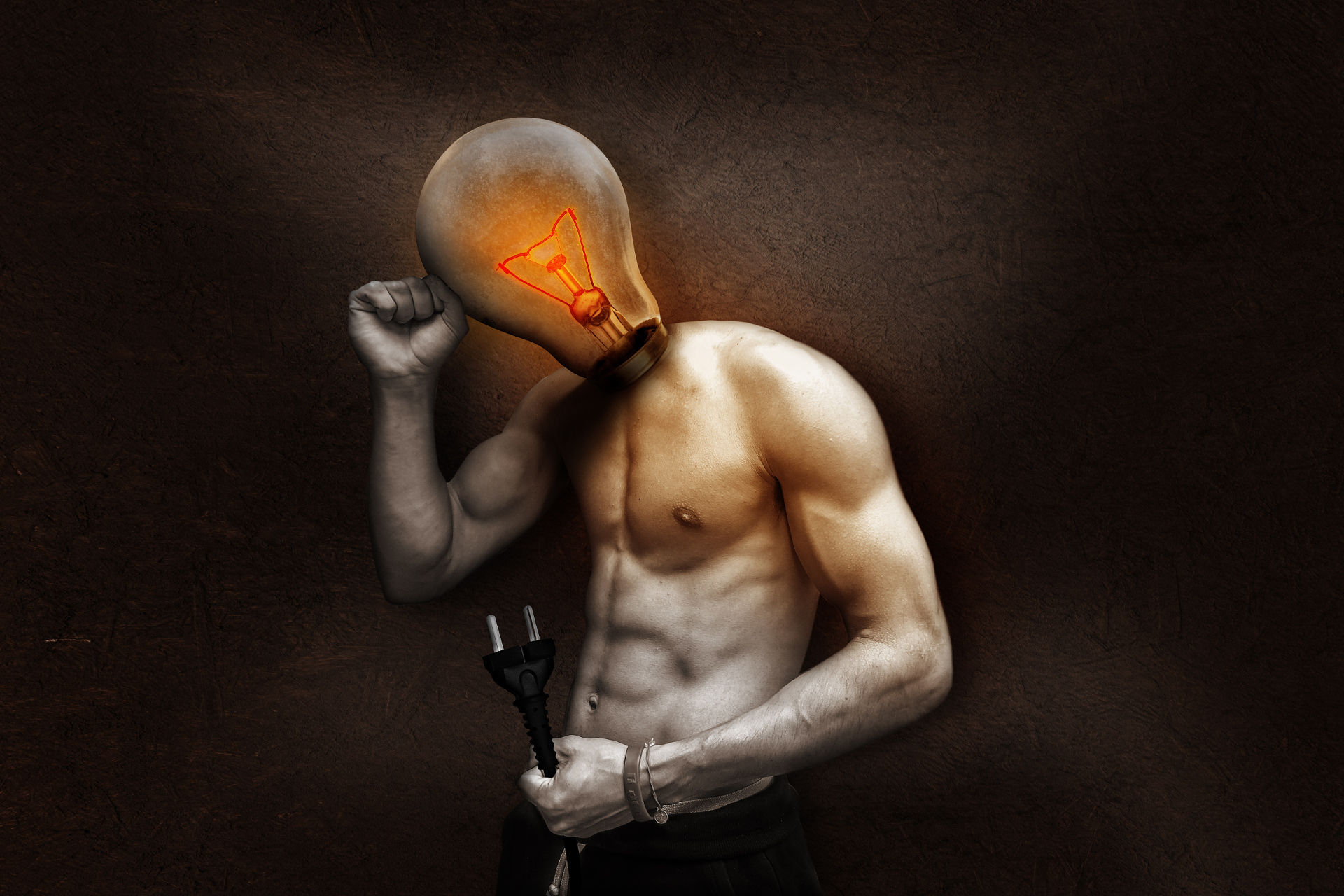
A Case for the Rewire
Advances in our understanding in the last 15 years alone are revolutionary in scope. That cliched adage that you can’t teach an old pony new tricks, for example? It’s probably a fallacy.
And the implications go further than that. Our brains continue to develop and change in positive ways as we age, a discovery most scientists and medical professionals thought impossible less than a generation ago. Is it only a matter of time before neuroscience comes to discover in the future that today’s “impossible” is not only possible, but entirely doable?
So yes, you can learn a new language or subject at any age. You can enhance your emotional intelligence and improve your social skills at any point in your life. You can even make certain parts of your brain bigger if you want. And you can weaken the maladaptive neuronal connections abuse, a poor upbringing or a traumatic event inflicted on your beautiful mind, whether said trauma occurred at an early age or later down the line.
You just have to know how.
Hence The Rewire, a regular feature on Where’s Your Head? that delves into the latest –sometimes oldest– theories, hypotheses, and research breakthroughs to look at ways everyday people can heal, perhaps even rewire their brains, to live happier, more fulfilling lives.

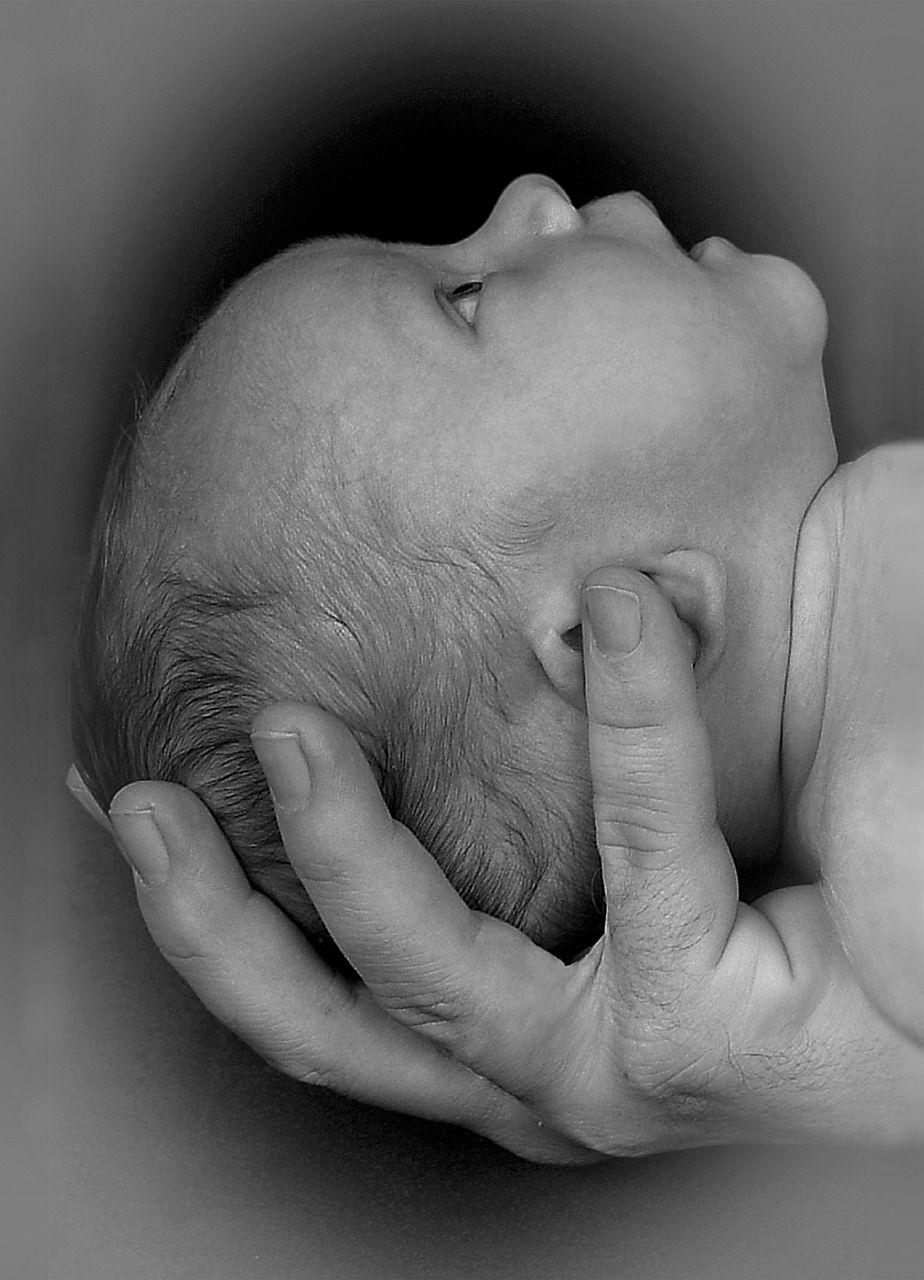
“Our brains continue to develop and change in positive ways as we age, a discovery most scientists and medical professionals thought impossible less than a generation ago.”
It wasn’t that long ago –if anything it was quite recently– that the field of neuroscience and associated disciplines bought into the idea that brain plasticity, that is, the brain’s ability to change or rewire itself, nearly grinds to a halt by adulthood.
The human brain is especially malleable during childhood, receptive to learning new skills like language, sports, math, music, emotional intelligence, and social behavior. But if a child’s learning environment is less than ideal –cognitive development compromised by poor living conditions, traumatizing social environments, or terrible parenting– then the assumption was and countless studies concurred that his or her chances of living out a healthful, happy life were significantly lessened.
A heightened risk of heart disease, depression, panic attacks, alcohol abuse, chronic respiratory disease, and financial problems are but a handful of the long list of health and socioeconomic conditions childhood trauma opens its victims up to. However depressing it is to think that the glory days of skills acquisition are over by a certain age, even worse to ponder is the notion that how we are raised in our youth –environments over which we tragically have little control– is a permanent legacy, a costly ball and chain for better or worse.
See Also: Feeding the Belly Brain
And: Listen to Your Heart to Read Minds? Science Closer to Saying Yes
The human brain, the study of which some claim is the final frontier of science, persists in presenting itself as an enigma. The very fabric of what our senses call reality could alter irrevocably once its neurological mysteries are puzzled out.
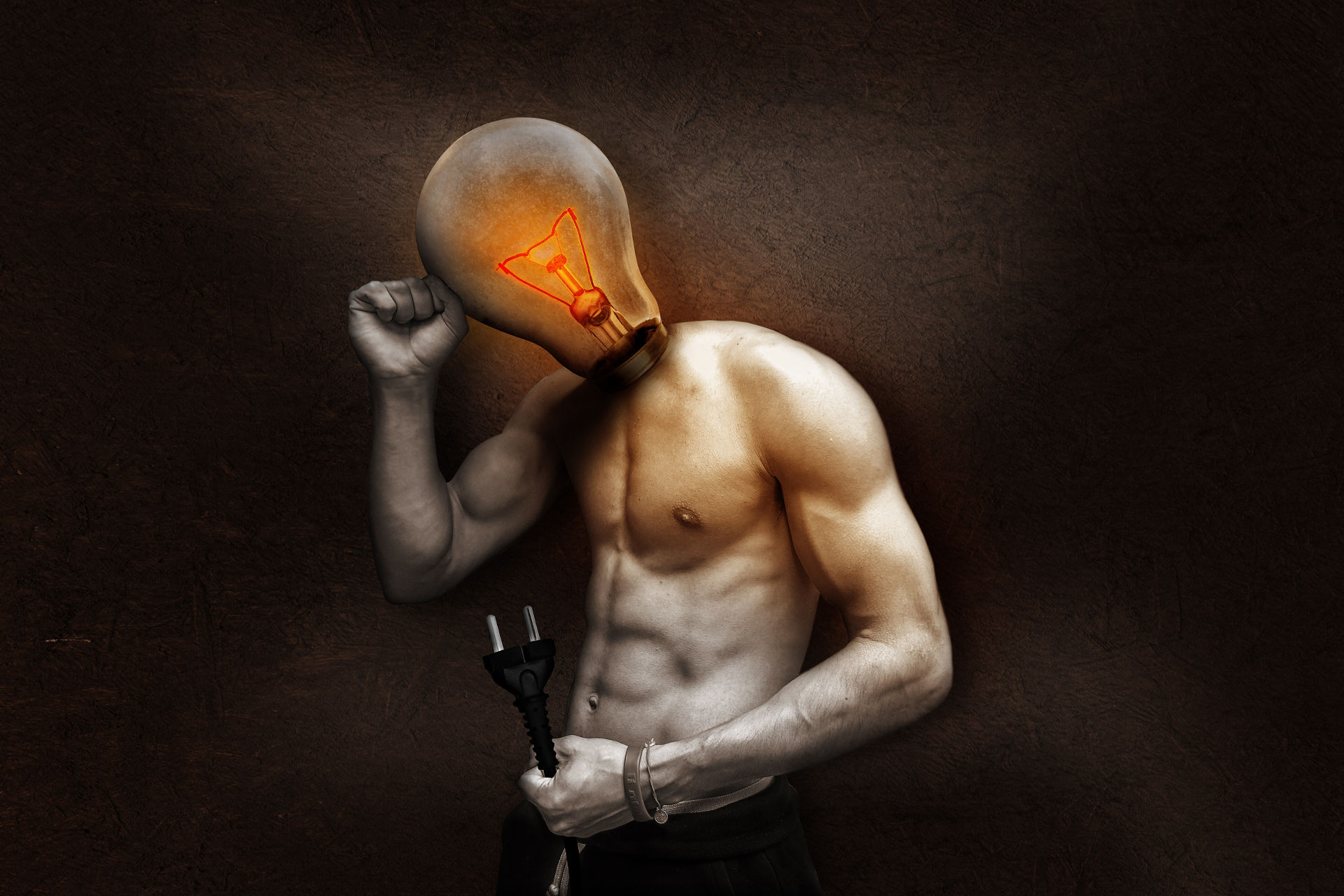
And if you ask Toronto psychiatrists Robert Maunder and Jonathan Hunter, anywhere from one-third to over half of adults have had adverse childhood experiences, things like being regularly called names and insulted by a parent to not having enough food on the table to being beaten and sexually abused.
That’s a lot of people.
One of the more dramatic examples used as evidence that the experiences of our early years may shape us forevermore? The long-term complications Romanian orphans discovered in conditions of extreme deprivation and neglect reportedly carry with them well into adulthood.
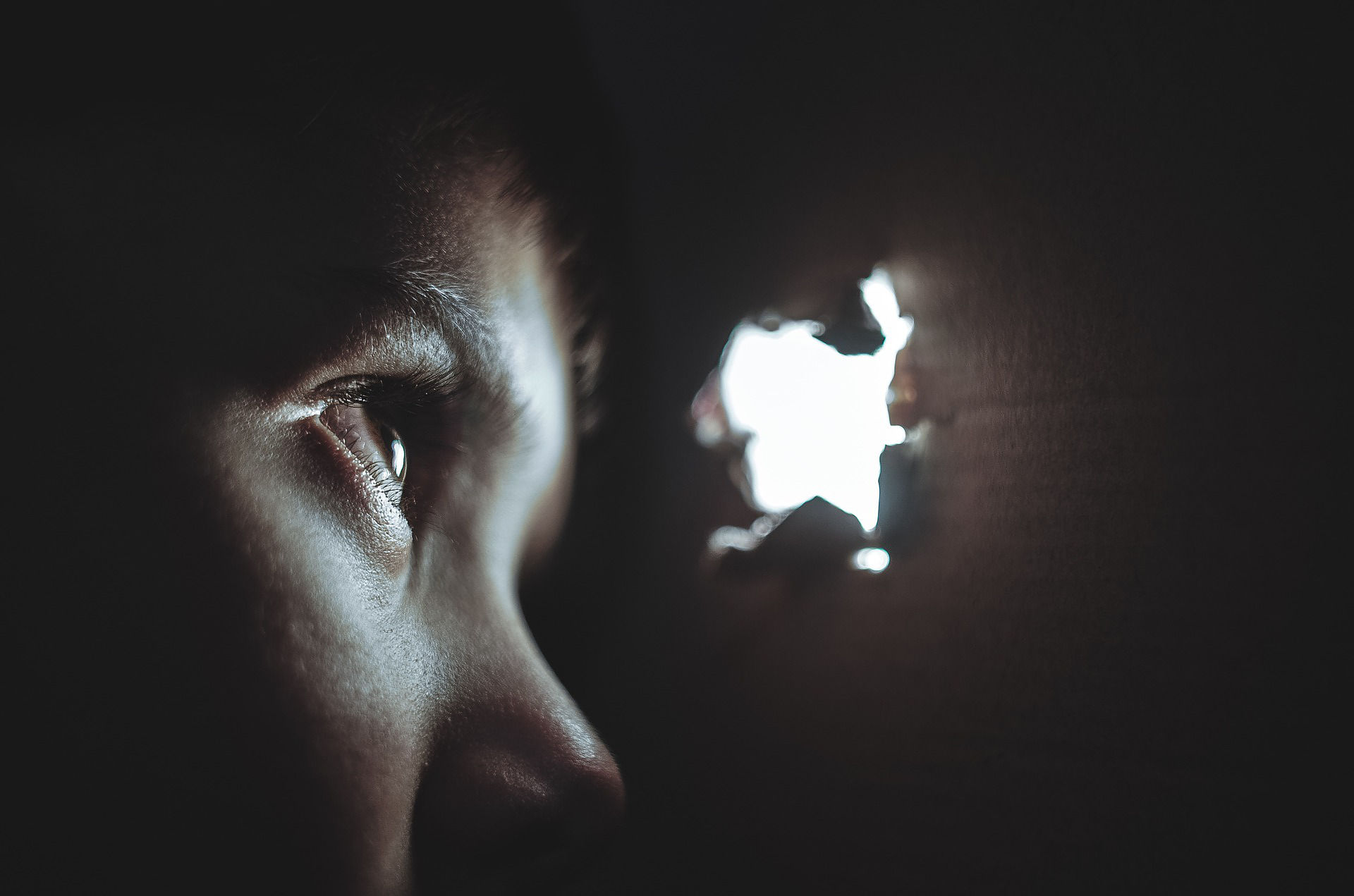
A ray of hope radiates from one group of 165 children where about one in five came out of those early childhood horrors unscathed, a stroke of luck typically attributed to limited orphanage exposure at a very young age coupled with exceptionally loving adoptive family homes.
But what if there’s more to their story than good luck and circumstances? We still can’t say with any kind of certainty why some abuse victims see their adult lives turn to shambles while others emerge seemingly unscathed. After all, the human brain, the study of which some claim is the final frontier of science, persists in presenting itself as an enigma. The very fabric of what our senses call reality could alter irrevocably once its neurological mysteries are puzzled out.

Our brains continue to develop and change in positive ways as we age, a discovery most scientists and medical professional thought impossible less than a generation ago.

A Case for the Rewire
Advances in our understanding in the last 15 years alone are revolutionary in scope. That cliched adage that you can’t teach an old pony new tricks, for example? It’s probably a fallacy.
And the implications go further than that. Our brains continue to develop and change in positive ways as we age, a discovery most scientists and medical professionals thought impossible less than a generation ago. Is it only a matter of time before neuroscience comes to discover in the future that today’s “impossible” is not only possible, but entirely doable?
So yes, you can learn a new language or subject at any age. You can enhance your emotional intelligence and improve your social skills at any point in your life. You can even make certain parts of your brain bigger if you want. And you can weaken the maladaptive neuronal connections abuse, a poor upbringing or a traumatic event inflicted on your beautiful mind, whether said trauma occurred at an early age or later down the line.
You just have to know how.
Hence The Rewire, a regular feature on Where’s Your Head? that delves into the latest –sometimes oldest– theories, hypotheses, and research breakthroughs to look at ways everyday people can heal, perhaps even rewire their brains, to live happier, more fulfilling lives.


